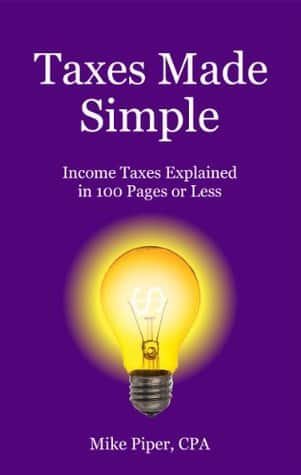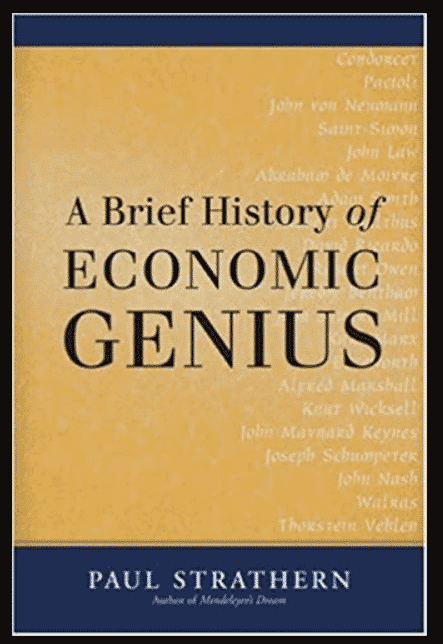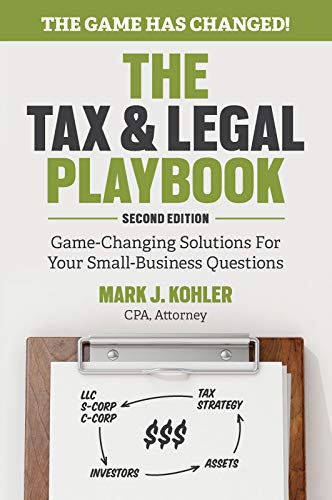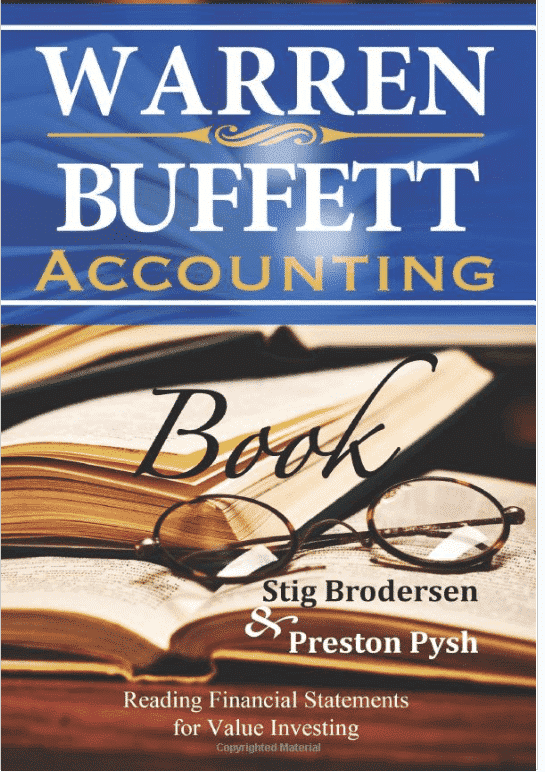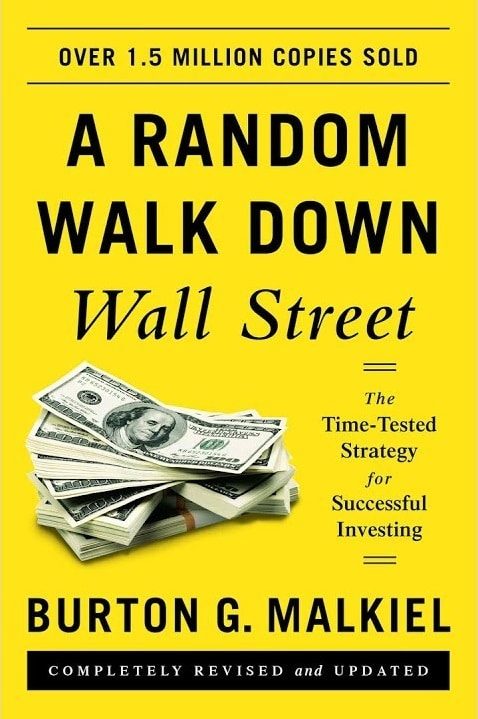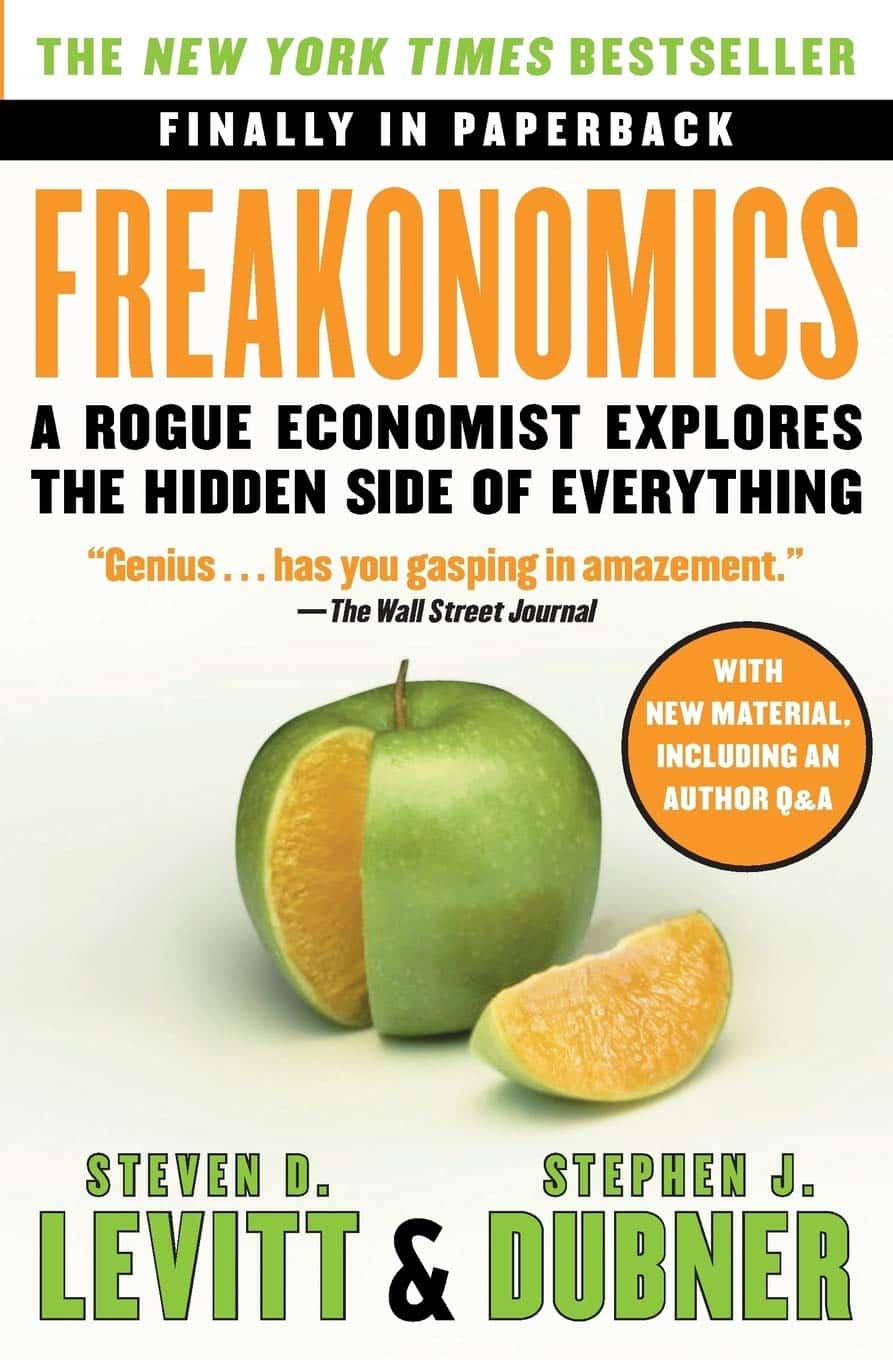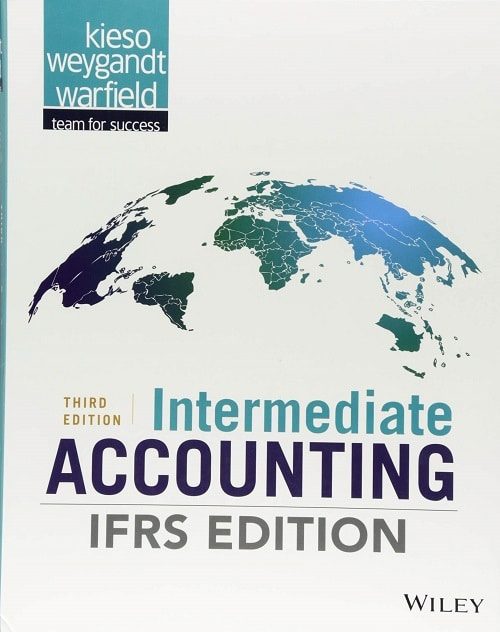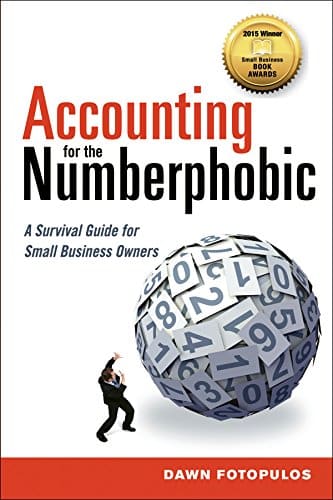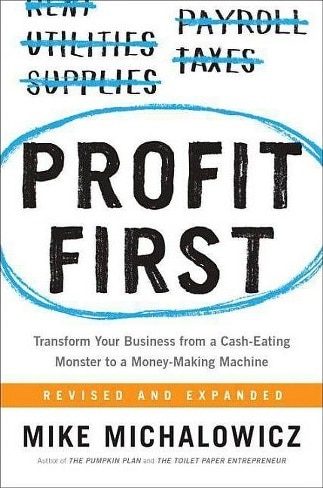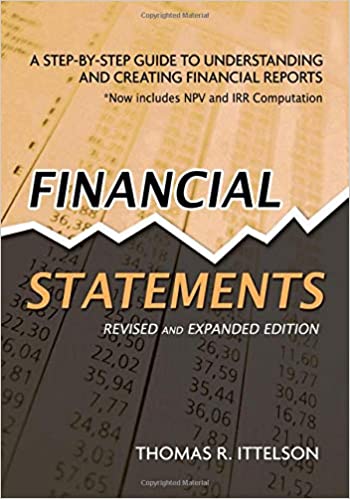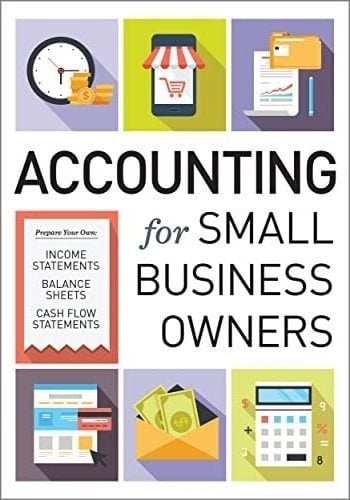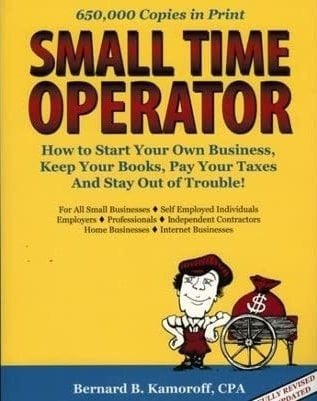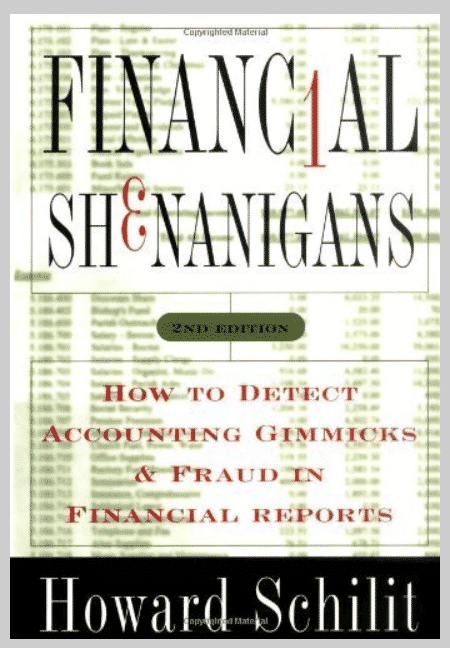There is a specialty about the books that they impart a great way of learning at a much lower price than a specialist course that charges away a lot of money. Book reading gives you a huge amount of research knowledge in a relatively short amount of time. Reading a book is the best way to improve your skills. When it comes to new small business owners, they rely completely on bookkeeper or accountants to explain them their financial statements. Although, nothing is better than the advice of a skilled financial advisor who has a basic understanding of the important business accounting concepts, which can give you peace of mind and makes you confident enough in your decision making. Though numbers can be tricky and hard to process when numbers and information are processed in a language, it becomes easy to grasp the basic knowledge about accounting. There are hundreds of accounting books in the market, and they range from financial accounting books, management accounting books, accounting principles books, and more. To make things easy and help you decide which book is the best fit for you to develop a great deal of research and knowledge in financing and accounting. Here is a list of 12 best books of Accounting for beginners.
15 Best Accounting Books for Beginners (2022)
1. Taxes Made Simple by Mike Piper
The first step you put in the field of accounting needs to be taken very cautiously. You can’t jump into the heavy logics and terminologies of accounting at once. It would leave you more confused and would scare you to continue for the in-depth knowledge of this field. Taxes Made Simple by Mike Piper is a blend of simple and easy made concepts with practical and suitable examples without indulging you in the unnecessary jargon of technicalities. The basics concepts of Accounting Equation and its significance, reading and preparing financial statements, calculation and interpretation of several different financial ratios and the concepts and assumptions behind Generally Accepted Accounting Principles (GAAP) are explained in a more simple and precise manner avoiding any jargons of technicalities and gives you a clear idea of the basic of the concepts and helps you in getting a basic understanding of the idea. This accounting book is quite best for the early beginners as they can grasp a basic idea in early reading as well as it helps the novice to once again memorize the basics of accounting and refresh their concepts.
2. A Brief History of Economic Genius by Paul Strathern
History has always been a boring subject and makes you sleep every time you read it. When it comes to the history of theories and numbers, it’s even more boring. But we assure you that this book won’t let your eyes blink until you reach the last page of the book. The author pulls over the cover from the definite progression of mathematics and economic theory, from double-entry booking keeping to the discovery of standard deviation and the various applications of probability theory. Theories are so well synchronized as a piece of beautiful music taking from Adam Smith and Hume; to the French Optimists and British Pessimists: Saint-Simon and Owen; Marx and Hegel; Pareto; Veblen; Schumpeter, Keynes, John Nash and finally back to von Neumann. The author has made a condensed analysis of the broad history of the mathematical influence of all the economists and shaped into one concept by reaching one another’s conclusion. The author has been successful in putting the boring history into an interesting concept of concepts that provides a great deal of understanding of the subject knowledge and learning the deep concepts.
3. The Tax and Legal Playbook: Game-Changing Solutions to Your Small by Mark J. Kohler
If you want to have the cocktail of two dangerous subjects, then accounting and tax is the perfect match. But Kohler had completely transformed this dangerous combination into a funny show squeezing out all the technicalities and difficulties. Kohler is an expert in framing the concepts of accounting and taxes into outstanding and simple content, saving time and money for the reader. This book is the best option in answering your legal questions and help you in making decisions and protecting all your finances. This book serves a great guide for tax planning and tax-saving strategies. The author has perfectly stated real examples will help you to overcome the fear of how to manage the complete difficult bizarre of accounting and tax. This book is also very helpful in raising your tax IQ quotient.
4. Warren Buffett Accounting Book: Reading Financial Statements for Value Investing Buffett Book Edition by StigBrodersen (Author), Preston Pysh (Author)
Accounting looks barely complete without the muse of investing. The heavy logics and complex terms of financing often put off your mind, but this will give you every inch of information about investing. This book talks about all the fresh investing professionals who recently entered in this industry. This book is a complete package in explaining all the requirements to analyze financial statements. The author has provided a perfect link to the various metrics of the various financial statements, and explain thoroughly why certain metrics are used and what they represent in real-world terms.
5. A Random Walk Down Wall Street: The Time-Tested Strategy for Successful Investing by Burton G. Malkiel
This book was written in 1973 and is a perfect guide for all the novice, fresher, or entrepreneur. This book is a complete collection of practical and theoretical knowledge of the stock market funds and the idea of investing in a risk-taking and unpredictable world of the stock market, written in a very simple language. Its 11th edition adds more fresh content on exchange-traded funds and investment opportunities in emerging markets, a brand-new chapter on “smart beta” funds, the newest marketing gimmick of the investment management industry, and a new supplement that tackles the increasingly complex world of derivatives.
6. Freakonomics: A Rogue Economist Explores the Hidden Side of Everything Paperback by Steven D. Levitt, Stephen J. Dubner
The combination always results in something out of the box, and when it’s a combination of an economist and a journalist, it surely results in Freakonomics. Though this book is fiction, it provides a very valuable insight into the knowledge of the workings of economics from its root, analyzing sociological developments in a lively manner. The technical content in this book is framed in concrete arguments and evidence, which makes the reader stick with the plot.
7. Intermediate Accounting by Donald E. Kieso, Jerry J. Weygandt, Terry D. Warfield
This book is a perfect guide for understanding the concepts of what GAAP is and how it is applied in practice. The book also includes the new way of looking at GAAP, Convergence of U.S. GAAP and IFRS, and the Fair Value Movement. In this book, the author very efficiently dwells on everyday accounting programs like Excel, GLS, and other computerized accounting software, giving them a strong background in the tools needed in the accounting profession. This book provides accounting and finance tips, example problems, and shows you how to break them down step by step.
8. Simple Numbers, Straight Talk, Big Profits!” by Greg Crabtree
This book instructs you on how to use numbers to take your business to profitability. It pulls out great measures to help business owners develop a skill to take decisive actions with their finances, which is a required skill that every business owner must learn.
9. Accounting for the Numberphobic” by Dawn Fotopulos
This is one of the most straightforward, easy-to-read accounting books for small business owners, especially for those who are number phobic. It is the best management account books as it explains the three key financial statements which include profit and loss statements (or the net income statement), statement of cash flows, and balance sheets, serve as your business’s financial dashboard and how key accounting principles work together to help you gear up your small business to success.
10. “Profit First” by Mike Michalowicz
Sales – Expenses = Profit. It is the equation that makes the profit last, and this is something that eventually happens someday if you do everything just right and has a fair amount of luck. But this book completely flips the equation resulting in Sales – Profit = Expenses. It is an accounting book that tackles the challenges of cash management in a very simple manner. If you employ the techniques of “Profit First” in your business, your accounting process will remain the same, but you will make your paycheck and profit a priority.
11. Financial Statements: A Step-by-Step Guide to Understanding and Creating Financial Reports by Thomas Ittelson
For small business owners, this book provides a more thorough understanding of accounting. This book gives a detailed analysis of how the business owners unfamiliar with accounting practices can learn and understand how to measure their business’s financial health and better their financial literacy. In this book, the author explains how financial interaction affects the three basic financial statement keys of business. Also Read: 20 Best Career Options after B.Com for Commerce Students
12. Accounting for Small Business Owners by Tycho Press
This book explains the basics of business finance and accounting for new business owners and helps you learn how to pay your employees, track expenses, etc. This book explains in table format the business accounting tactics and methods, so you have a complete outlook before handling your business financials. This book works as a perfect guide for you to understand your business and plan your profit strategy.
13. Small Time Operator by Bernard B. Kamoroff
This book is more of a how-to when it comes to starting your own business. However, it covers everything about running your business, which includes taxes, bookkeeping, and accounting. It’s easy to understand makes you understand your business finances by taking complex ideas behind accounting and other financial processes and breaking them down. It also has tables and worksheets to help you practice bookkeeping and accounting. The book was first published in 1976, but now the 15th edition of the book has made its mark.
14. “Accounting Principles: The Ultimate Beginner’s Guide to Accounting” by Gregory Becker
What better way to learn anything than from the core basics. To understand all complex accounting concepts, you must first understand the most basic principles first. Accounting Principles cover almost all the terms and the principles of accounting to prepare the financial statements for your business and other accounting necessities. It is ideal for new business owners with little to zero accounting background.
15. “Financial Shenanigans” by Howard M. Schilit
If someone other than you, then you will probably want to double-check their work to be sure that everything is right. But it doesn’t end at checking their work because you need to be thorough. Now, this will obviously be difficult if you have no knowledge of accounting. If this is the case with you, then Financial Shenanigans by Howard M. Schilit would be the best option for you. In this book, Howard Schilit, Jeremy Perlet, and Yoni Engelhart break down everything that you should look for while reviewing your business’ accounting systems. This book also features case studies and lessons other businesses have learned.
